Ensuring security and trust has become crucial as peer-to-peer (P2P) transactions gain popularity in the cryptocurrency arena. Conventional approaches frequently depend on centralized middlemen such as payment platforms, banks, or legal representatives. But now that decentralized finance (DeFi) has grown in popularity, we have safer and less reliable options. DeFi escrow mechanisms are useful in this situation.
We’ll examine DeFi escrow systems in this blog, including their definition, operation, and growing significance for secure peer-to-peer cryptocurrency transactions. Along with highlighting the main advantages and difficulties, we’ll also examine how they apply in actual contexts, such as real estate and freelance work.
What Is a DeFi Escrow System?
An escrow is a financial arrangement where a third party holds funds during a transaction. The funds are only released once both parties meet agreed terms. In a DeFi escrow system, this process is handled through smart contracts on a blockchain.
There’s no human intermediary. Instead, code and blockchain rules decide when funds move. This is often called a trustless escrow because users don’t need to trust a third party. They just need to trust the technology.
A decentralized escrow is not owned or controlled by one company. It is built on blockchain protocols, making it transparent and open for anyone to use.
Why Are DeFi Escrow Systems Important?
DeFi escrow systems bring several benefits to the crypto ecosystem, especially for global users involved in direct deals. These include:
1. Security
Smart contracts reduce the risk of fraud. Once written and deployed, they follow the code exactly.
2. Trustless Transactions
There’s no need to know or trust the other person. The code manages the deal from start to finish.
3. Lower Fees
Without middlemen, transaction costs are lower. This is useful for small payments and large deals alike.
4. Global Access
Anyone with internet and a wallet can join. Cross-border DeFi deals are faster and cheaper than traditional methods.
5. Transparency
All actions are recorded on the blockchain. Anyone can verify the steps taken.
How Does a Blockchain Escrow Service Work?
Here is a simple flow of how a blockchain escrow service works in a DeFi setting:
Step | Action |
1 | Buyer and seller agree on terms (price, deadline, conditions). |
2 | Funds are locked in a smart contract. |
3 | Seller completes the task or delivers the item. |
4 | Buyer confirms the agreement was met. |
5 | Smart contract releases funds to the seller. |
If there’s a dispute, some escrow protocols allow for a decentralized dispute resolution using community voting or a third-party arbitrator.
Use Cases for DeFi Escrow Systems
These systems can be used in many areas. Here are a few examples where secure DeFi deals matter the most:
1. Freelance Crypto Payments
Many freelancers now accept crypto. A DeFi escrow makes sure the freelancer gets paid only after work is done, and the client only pays if satisfied.
2. DeFi Real Estate Transactions
Real estate deals can be complex and slow. With DeFi escrow, buyers and sellers can lock funds until all legal documents are verified, cutting delays and costs.
3. NFT and Digital Asset Sales
Buying digital goods from strangers online can be risky. Escrow smart contracts protect both parties.
4. Crypto Lending and Borrowing
Some DeFi lending platforms use escrow to hold collateral. This way, if the borrower fails to repay, the lender automatically receives the funds.
Popular Escrow Protocols in DeFi
Here are some well-known Escrow Protocol platforms offering blockchain escrow services:
Platform | Features |
Kleros | Decentralized dispute resolution, community arbitration |
Escaroo | Focused on real estate and personal transactions |
Token-based dispute settlement, works with DAOs | |
Sablier | Time-based payment release, good for salaries and freelance |
These platforms focus on different needs, but they all aim to secure P2P crypto transactions in a decentralized way.
Challenges to Consider
While promising, DeFi escrow systems are not perfect. There are some challenges that users should keep in mind:
- Smart Contract Bugs: If there’s a mistake in the code, funds can be lost or stuck.
- No Customer Support: Unlike traditional services, there’s no one to call if something goes wrong.
- User Knowledge: New users may find it hard to use wallets and interact with smart contracts.
- Regulatory Uncertainty: Laws for DeFi vary by country and are still evolving.
Despite these issues, the benefits often outweigh the risks, especially for users already familiar with crypto tools.
The Future of Secure DeFi Deals
As the DeFi ecosystem grows, so will the need for safe, fast, and fair transaction tools. DeFi escrow systems are a key part of this movement. They empower users to make deals without banks, brokers, or delays.
We can expect to see more innovation in this area. Improved escrow protocols, better user interfaces, and stronger smart contract audits will help bring decentralized escrow to more people worldwide.
Whether you’re paying a freelancer, buying property, or trading digital assets, a trustless escrow solution can make your transaction safer and easier. With the rise of blockchain escrow services, we now have tools that match the speed and openness of the digital age.
As more people join the DeFi revolution, secure DeFi deals will become the norm. And at the heart of it all, DeFi escrow systems will play a major role in shaping the future of global peer-to-peer trade.






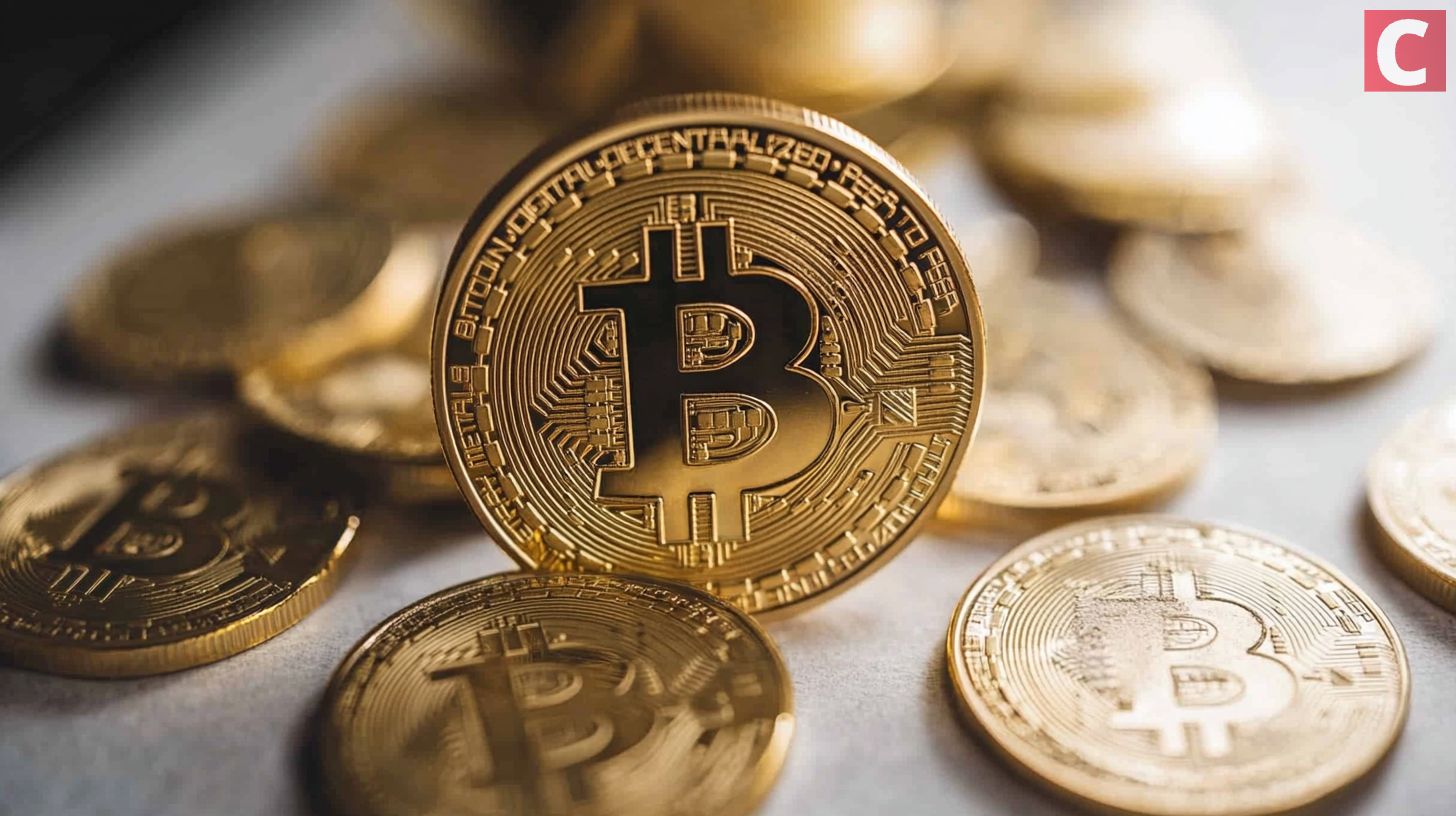

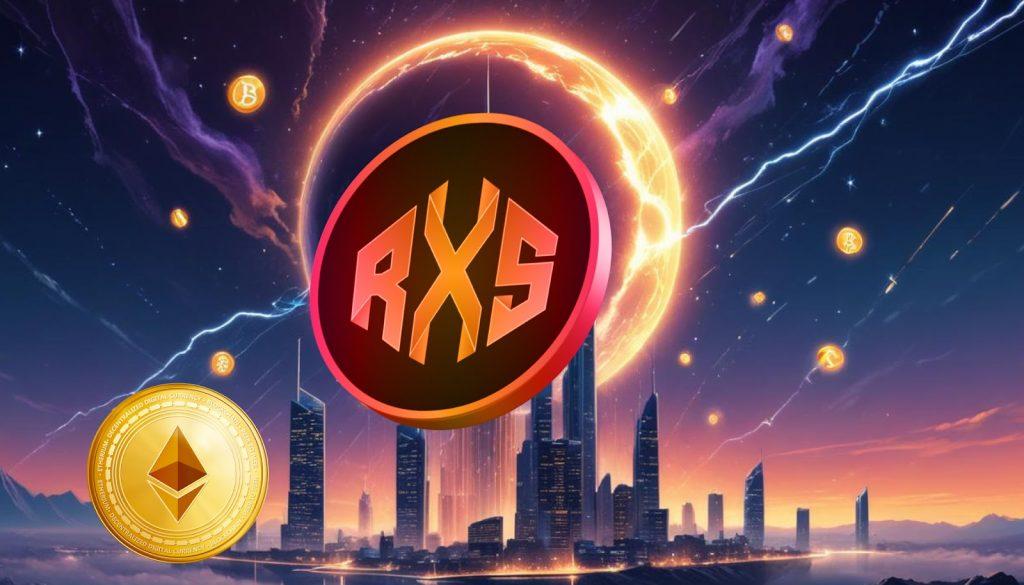
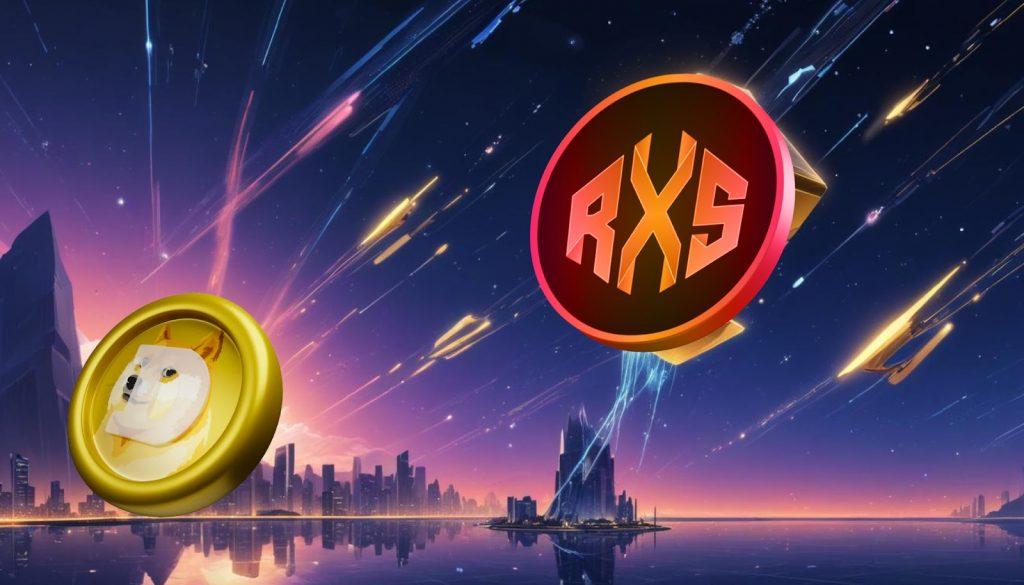
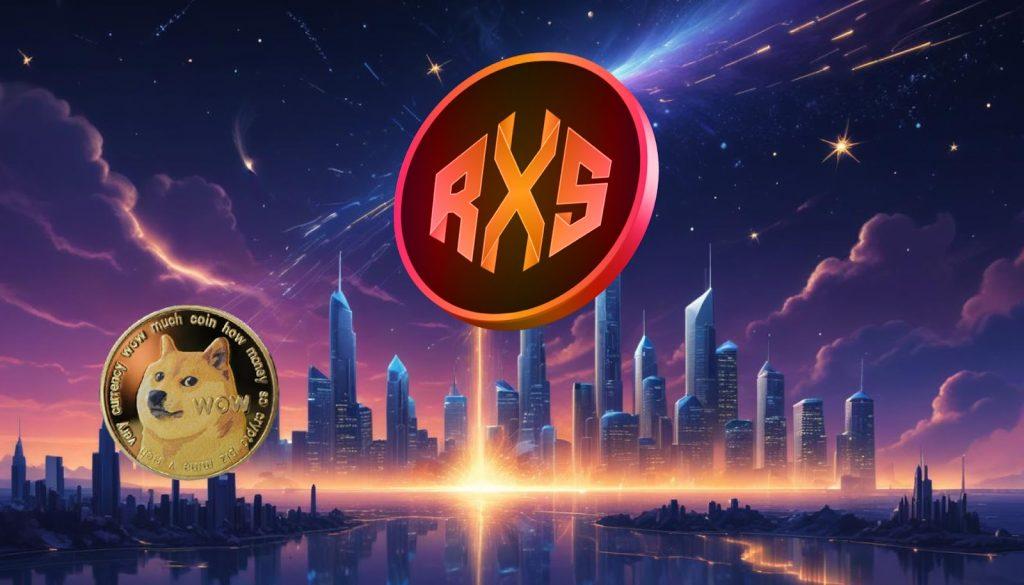
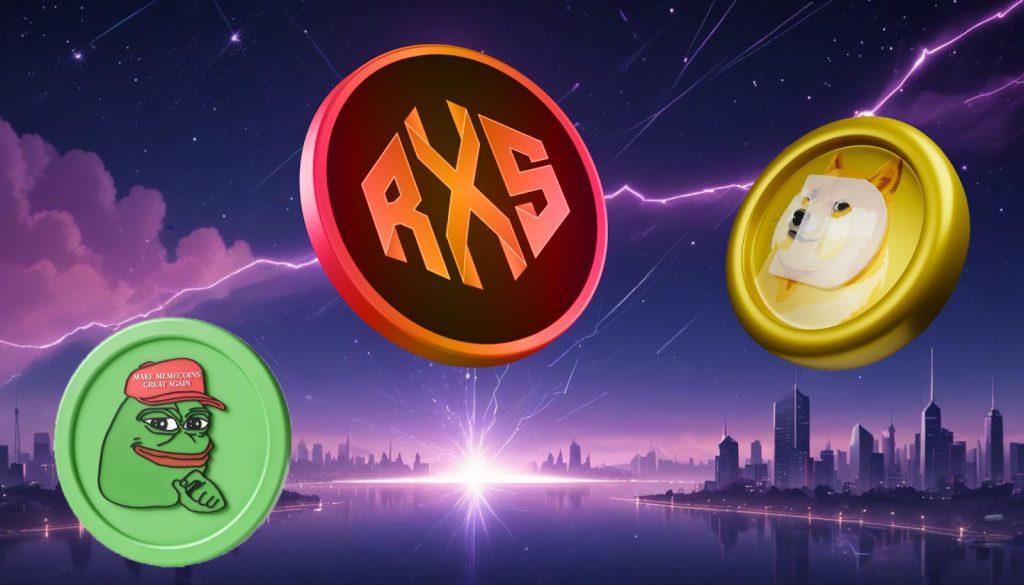




 English (US) ·
English (US) ·